Home Care Tips
Home Care Tips
We provide practical advice and expert guidance to help you
navigate the complexities of home care.
We provide practical advice and expert guidance to help you navigate the complexities of home care.
The Ultimate Guide to Home Care: Essential Tips for Better Caregiving
1. Understanding Home Care Basics
Home care refers to non-medical assistance provided in the comfort of one’s home. This can include personal care, household tasks, and companionship. Having a structured caregiving routine ensures that seniors and individuals with disabilities remain safe and comfortable while maintaining their independence.
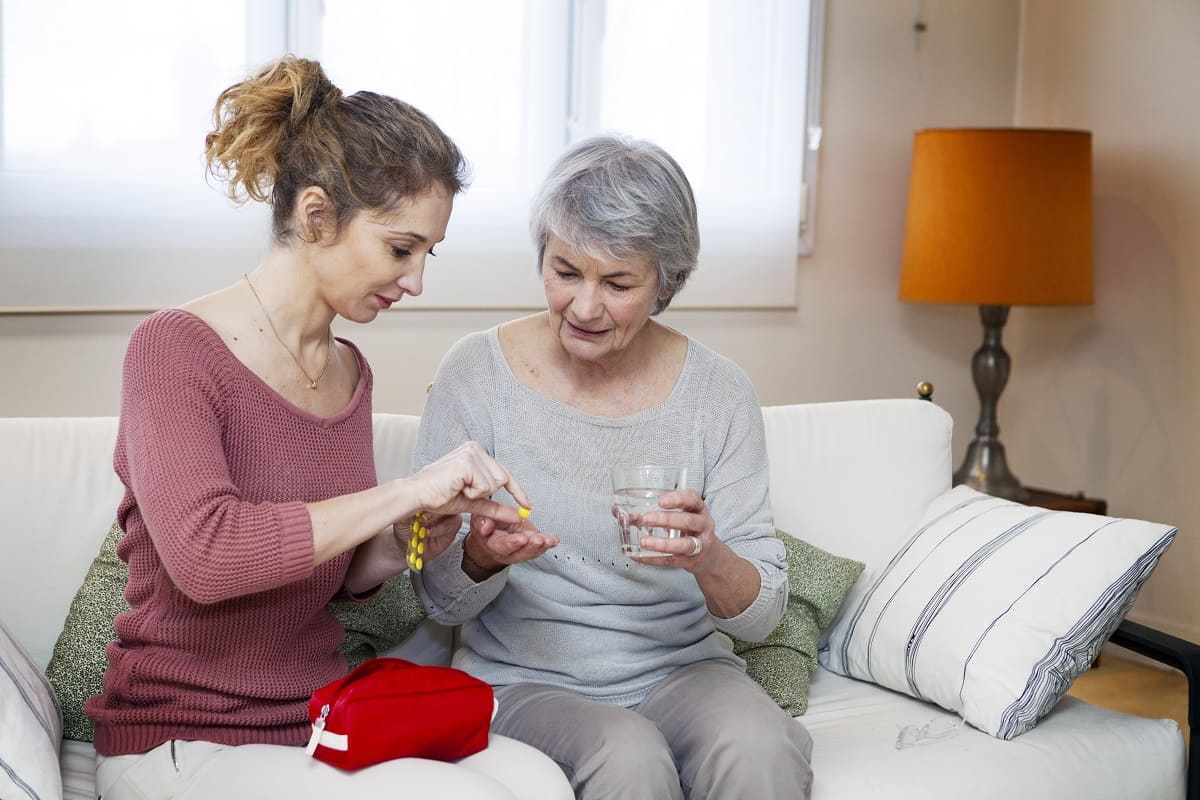
1. Understanding Home Care Basics
Home care refers to non-medical assistance provided in the comfort of one’s home. This can include personal care, household tasks, and companionship. Having a structured caregiving routine ensures that seniors and individuals with disabilities remain safe and comfortable while maintaining their independence.

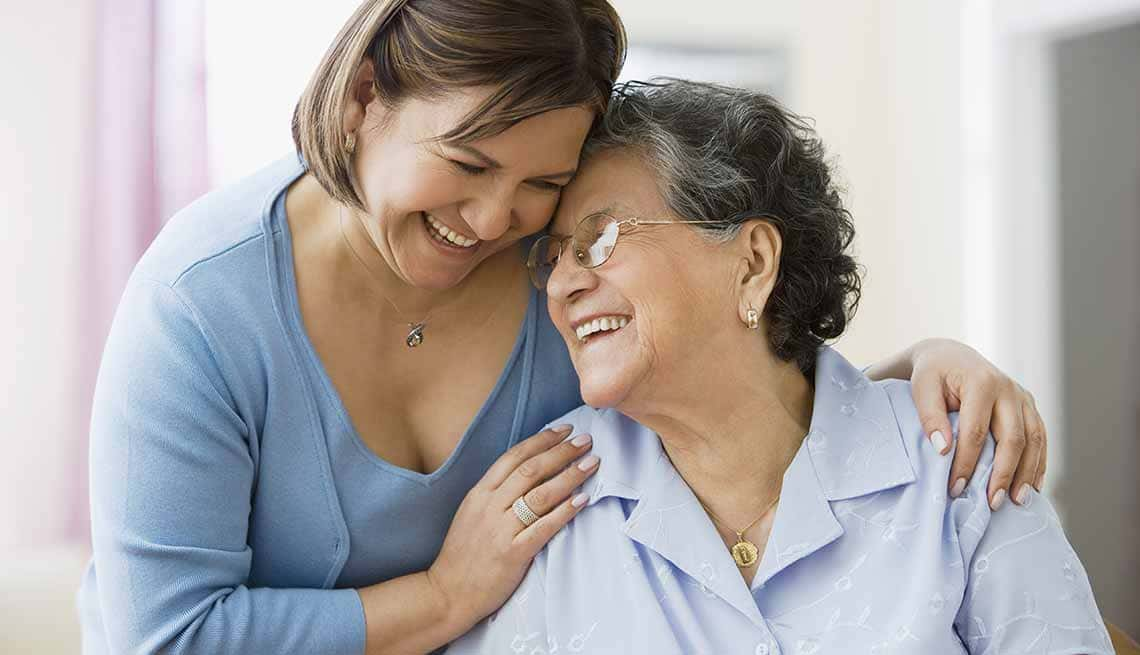
2. Home Safety Tips for Caregivers
Ensuring a safe living environment is crucial in preventing accidents. Here are key safety tips:
- Declutter Living Spaces: Keep floors clear of obstacles to prevent falls.
- Install Grab Bars: Add bars in bathrooms and staircases for additional support.
- Adequate Lighting: Ensure hallways and staircases are well-lit, especially at night.
- Fire Safety: Install smoke detectors and prepare an evacuation plan in case of emergencies.
- Medication Management: Store medications securely and create reminders for dosage schedules.
3. Personal Care Tips for Daily Assistance
Providing personal care services can feel intrusive, but establishing a respectful routine will foster trust and dignity.
- Hygiene Care: Assist with bathing, grooming, and oral care while promoting as much independence as possible.
- Nutrition: Plan meals according to dietary needs and ensure proper hydration.
- Mobility Support: Help with light exercises to maintain physical strength and prevent muscle deterioration.
- Dressing Assistance: Use adaptive clothing to make it easier for individuals to dress comfortably.

3. Personal Care Tips for Daily Assistance
Providing personal care services can feel intrusive, but establishing a respectful routine will foster trust and dignity.
- Hygiene Care: Assist with bathing, grooming, and oral care while promoting as much independence as possible.
- Nutrition: Plan meals according to dietary needs and ensure proper hydration.
- Mobility Support: Help with light exercises to maintain physical strength and prevent muscle deterioration.
- Dressing Assistance: Use adaptive clothing to make it easier for individuals to dress comfortably.


4. Managing Emotional and Mental Well-Being
Home care should also support emotional and mental health needs to promote overall well-being.
- Social Engagement: Arrange activities with friends, family, or community groups to reduce isolation.
- Mental Stimulation: Introduce puzzles, books, or hobbies to keep the mind active.
- Companionship: Build meaningful conversations and establish daily routines that include shared activities.
- Emotional Check-ins: Be mindful of emotional changes, such as sadness or confusion, and offer support.
5. Effective Communication with Medical Professionals
Coordinating with healthcare providers ensures that any medical concerns are promptly addressed.
- Create a Medical History Log: Maintain a record of doctor visits, medications, and diagnoses.
- Ask Questions: Always seek clarity from medical professionals regarding care plans or prescriptions.
- Emergency Plan: Know the location of medical facilities and have contact information for emergency responders.
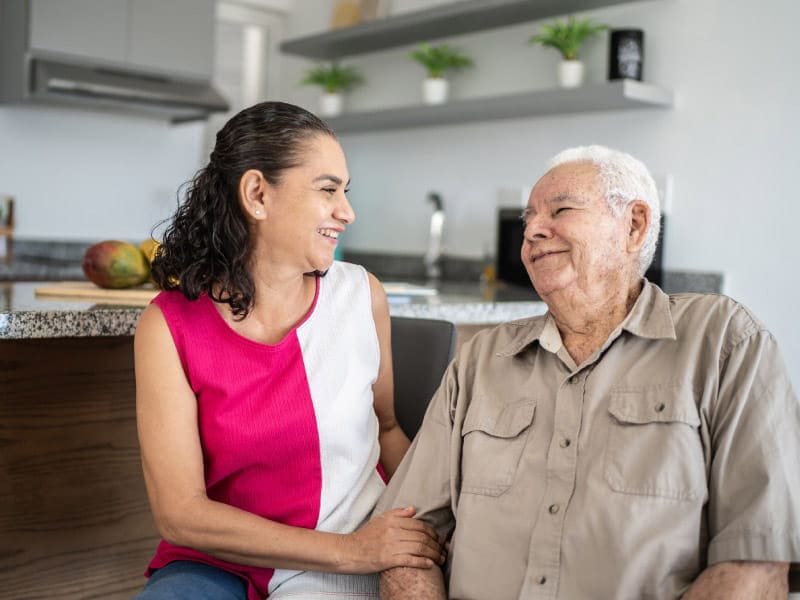
5. Effective Communication with Medical Professionals
Coordinating with healthcare providers ensures that any medical concerns are promptly addressed.
- Create a Medical History Log: Maintain a record of doctor visits, medications, and diagnoses.
- Ask Questions: Always seek clarity from medical professionals regarding care plans or prescriptions.
- Emergency Plan: Know the location of medical facilities and have contact information for emergency responders.

